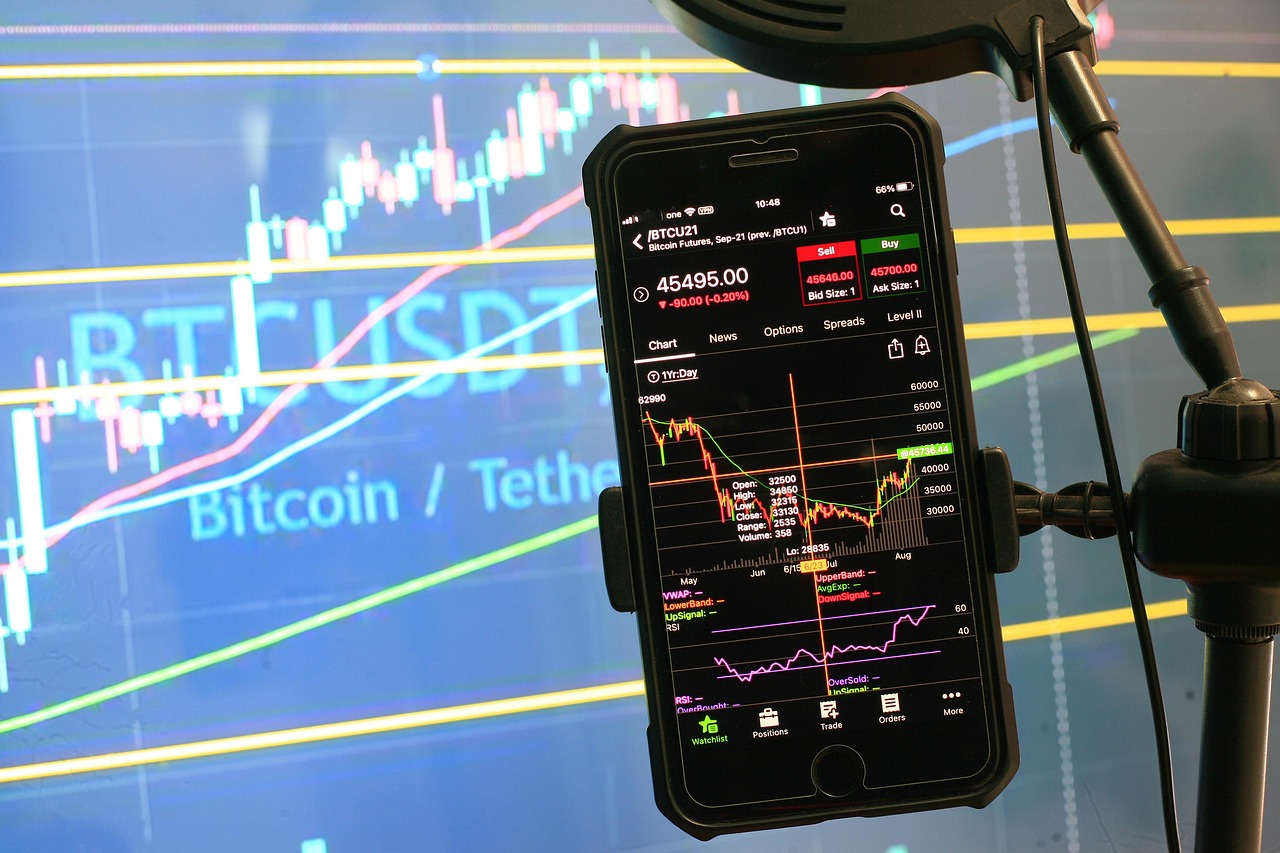Data Diodes Explored for Fintech-Airgapped Systems

In an era where data breaches and cyber threats are increasingly sophisticated, the financial technology (fintech) industry is constantly on the lookout for robust security solutions. One such technology garnering attention is the data diode, a device that ensures unidirectional data flow, often employed in airgapped systems to enhance cybersecurity. This article delves into the application of data diodes in fintech, shedding light on their advantages, challenges, and global adoption.
Data diodes are hardware devices that enforce a one-way data flow, effectively preventing any data from returning to the source system. This technology is particularly beneficial in highly secure environments, such as military and critical infrastructure, where the highest level of data integrity and confidentiality is required. In the fintech sector, data diodes can play a pivotal role in protecting sensitive financial data from unauthorized access or cyberattacks.
Understanding Airgapped Systems and Data Diodes
An airgapped system is one that is physically isolated from unsecured networks, such as the public internet. This isolation is achieved by ensuring that there are no direct or indirect connections that could be exploited by cyber threats. In fintech, airgapped systems are often used to protect critical data and processes, such as transaction records and financial analytics, from external threats.
Data diodes add an additional layer of security to airgapped systems by allowing data to flow in only one direction — from a secure environment to a less secure one. This characteristic is crucial in preventing malware or hackers from accessing sensitive data or systems via reverse communication paths.
Advantages of Data Diodes in Fintech
- Enhanced Security: By ensuring unidirectional data flow, data diodes eliminate the risk of data breaches via outbound connections.
- Regulatory Compliance: Many financial regulations require stringent data protection measures, and data diodes can help comply with these standards.
- Data Integrity: With data diodes, organizations can ensure that the integrity of their data is maintained by preventing unauthorized data modification.
Challenges and Considerations
While data diodes offer significant security advantages, they are not without challenges. One primary concern is the complexity involved in integrating them into existing IT infrastructures without disrupting operations. Additionally, data diodes can be costly, both in terms of initial investment and ongoing maintenance, which may be a barrier for some fintech companies.
Organizations must also consider the potential for data bottlenecks, as the unidirectional flow can limit data throughput. This can be particularly challenging in environments where real-time data processing is critical. Therefore, careful planning and implementation are essential to maximize the benefits of data diodes without compromising system performance.
Global Adoption and Future Prospects
The use of data diodes in fintech is not yet widespread, but there is growing interest in their potential applications. In countries with stringent data protection laws, such as those in the European Union and parts of Asia, data diodes are being explored as a viable solution to meet regulatory requirements and enhance cybersecurity frameworks.
Looking forward, as the fintech industry continues to evolve and the threat landscape becomes more complex, the adoption of data diodes is likely to increase. Innovations in data diode technology, such as improved data transfer speeds and reduced costs, may further drive their integration into fintech environments.
Conclusion
Data diodes represent a promising technology for enhancing the security of fintech airgapped systems. By ensuring unidirectional data flow, they provide a robust defense against cyber threats, helping organizations protect sensitive financial data. While challenges remain, the potential benefits of data diodes make them a compelling consideration for fintech companies striving to fortify their cybersecurity posture.
As the global fintech landscape continues to expand, the role of data diodes in safeguarding financial data is likely to become more pronounced, underscoring the need for ongoing research and development in this field.
















